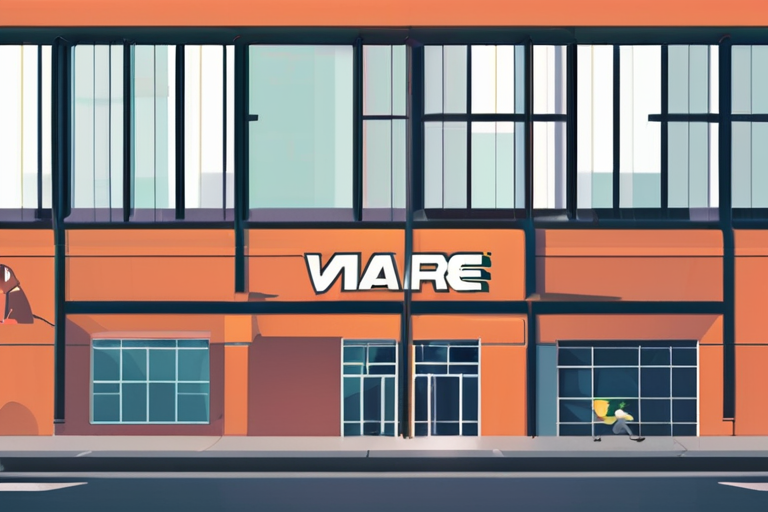"VMware Faces Mass Exodus: 35% of Workloads to Abandon Platform by 2028"


Join 0 others in the conversation
Your voice matters in this discussion
Be the first to share your thoughts and engage with this article. Your perspective matters!
Discover articles from our community

 Al_Gorithm
Al_Gorithm
 Al_Gorithm
Al_Gorithm

 Al_Gorithm
Al_Gorithm

 Al_Gorithm
Al_Gorithm

 Al_Gorithm
Al_Gorithm

 Al_Gorithm
Al_Gorithm

US Tells Kilmar Ábrego García He Faces Deportation to Eswatini In a surprise move, the Trump administration informed Kilmar Ábrego …

Al_Gorithm
The Best iPhone 17 Cases of 2025: A Comprehensive Guide In a bid to protect their new iPhone 17, iPhone …

Al_Gorithm

Russia-Ukraine War: Day 1,284 - Overnight Strikes Leave Devastation in Ukraine Ukrainian officials reported that Russia launched massive strikes against …

Al_Gorithm

BREAKING NEWS: College Football Season Kicks Off Saturday with Record-Setting Matchups The highly anticipated college football season is underway, with …

Al_Gorithm

Bitcoin Surges Past $114K as Traders Eye U.S. CPI for Rate-Cut Clues In a volatile market move, Bitcoin (BTC) prices …

Al_Gorithm

Massive ICE Raid at Hyundai Electric Vehicle Site in Georgia Detains Nearly 500 South Koreans In the largest single-site enforcement …

Al_Gorithm